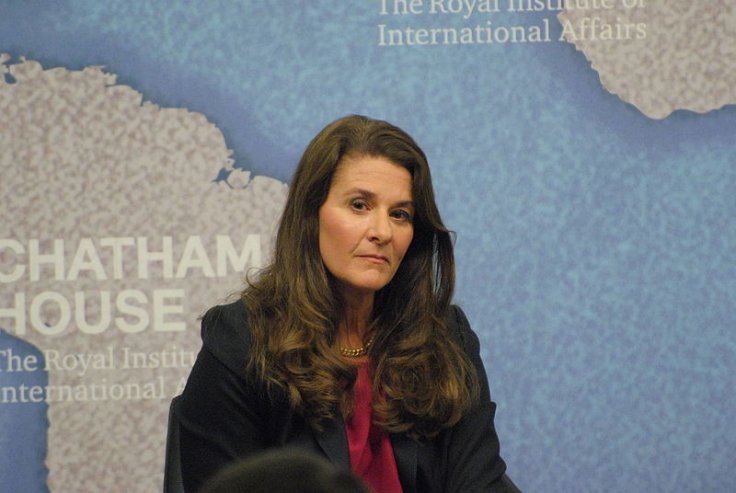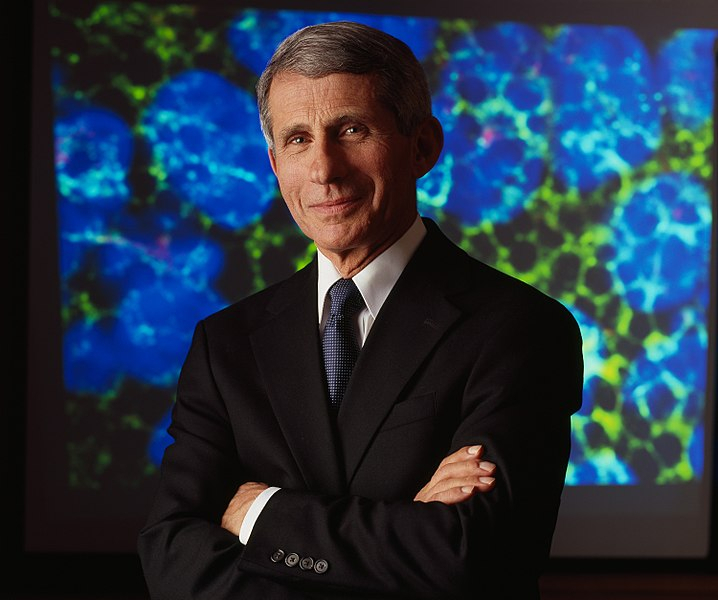Melinda Gates, billionaire philanthropist and the co-founder of the Bill & Melinda Gates Foundation, said that scientists and healthcare experts may find a vaccine that is effective in preventing the novel Coronavirus by the end of 2020 "if we're lucky." But the White House health advisor Dr Anthony Fauci claims that "there's no guarantee that the vaccine is actually going to be effective."
As per Gates, developing an effective vaccine against the COVID-19 is a long process that requires extensive study of viable vaccine candidates and then to make sure that "okay, when we put it in our bodies, it's not gonna create more harm. So yes, we may get one of those candidates if we're lucky by the end of the year," she told CNBC during a recent interview.
But Fauci's recent warning somehow contradicts the idea of finding a 100 percent effective vaccine to help people. He made this comment on Tuesday, May 12 during a hearing about reopening businesses across the US, to the Senate Committee on Health, Education, Labor and Pensions.

The search for an effective vaccine against the COVID-19
At this time, neither a proven drug nor a vaccine is available to treat Coronavirus patients. But it should be mentioned that if a vaccine is found to cure the SARS-CoV-2, it will also need to be mass-produced to give the cure to over 7.6 billion people around the world. Some of the available vaccines are now under development and require more than one dose.
Gates, whose foundation has donated $100 million to coronavirus vaccine and treatment efforts, told CNBC, "We have never, never as a globe made a vaccine of this type before nor of this scale before ever. So this is not a quick nor swift process."
Ever since the Coronavirus outbreak hit the world, several US researchers and experts claimed that the production of an effective vaccine for the entire world will take more than 18 months minimum, but UK's Oxford University researchers earlier mentioned that their vaccine will be ready by 2020 September. Even to develop a potential vaccine, US' National Institutes of Health (NIH) has been fast-tracking work with biotech company Moderna, which is completing its phase one trial of the US's first COVID-19 trial vaccine.
However, the World Health Organization mentioned that over 100 vaccines are currently under development in several places all around the world and at least eight vaccine candidates are already in human trials. But as per experts, only a portion of those vaccines are likely to be successful.
Gates said during the interview that she is following "closely" advancements from Moderna, Johnson & Johnson as well as Oxford University, and mentioned that "There are some good signs of light and hope."
Dr Anthony Fauci highlights another complexity

Fauci holds different view when he told the Senate Committee: "You can have everything you think that's in place and you don't induce the kind of immune response that turns out to be protective and durably protective... So one of the big unknowns is, will it be effective? Given the way the body responds to viruses of this type, I'm cautiously optimistic that we will with one of the candidates get an efficacy signal."
But until the development of a fully effective vaccine is completed, the top US physician said that the country needs to continue trying to mitigate and contain outbreaks. However, he also warned about the strengthening virus' ability and when the vaccine backfires.
He said that earlier there were two vaccines which produced "suboptimal response," and explained that when a person gets exposed, "They actually have enhanced pathogenesis of the disease, which is always worrisome. So we want to make sure that that doesn't happen. Those are the two major unknowns."









